[See also: FO° Talks: America's New Fast-Changing Role in the Middle East, Part 1]
In the early 2000s, the United States' hegemonic position in the Middle East changed. The 1991 collapse of the Soviet Union eliminated the need to contain communist influence and decreased the urgency of refereeing regional disagreements or addressing the Israeli–Palestinian conflict.
However, the Middle East came sharply into focus when the Sunni extremist group al-Qaeda orchestrated the 9/11 terrorist attacks on US soil, killing 2,977. The George W. Bush administration declared a “War on Terror,” training its guns not only on groups like al-Qaeda but also states like Baathist dictator Saddam Hussein’s Iraq. Claiming that Saddam was hiding weapons of mass destruction, the US invaded Iraq in 2003 and toppled his regime.
With the invasion, the generally successful half-century of US foreign policy in the Middle East that had begun with the 1953 Iranian coup d'état came to a close. The US found itself mired in a destabilized Iraq, unable to pull out as the newly installed democratic government could not combat Islamist insurgencies on its own.
Disengagement and reengagement
The Barack Obama administration attempt to reduce Middle East involvement and “pivot towards Asia.” The rise of the brutal and initially successful Sunni terrorist group ISIS, the 2011 Arab Spring and the outbreak of the Syrian Civil War prevented the US from disengaging. Obama did make progress by striking a deal with Iran, agreeing to lift financial sanctions in exchange for the cessation of the Islamic republic’s nuclear program. However, Obama’s successor Donald Trump later scrapped the deal.
Despite these setbacks, the US succeeded in protecting its interests while attempting to resolve regional wars and the enduring Arab–Israeli conflict. The Trump administration brokered the Abraham Accords, in which Bahrain and the United Arab Emirates (UAE) normalized ties with Israel. Morocco soon followed suit. Saudi Arabia also entered negotiations with Israel, but the prospect of normalization stalled following the October 7, 2023, Hamas attack on Israel and the subsequent Israeli invasion of Gaza. Since the war broke out, the US has seen decreased popularity among Arab populations as they blamed the hegemonic power for backing up what they saw as Zionist aggression in Palestine. However, a bilateral security agreement between the US and Saudi Arabia remains possible.
In recent years, the US reduced its dependency on imported fuels by exploiting its own fossil fuel reserves. The US is rich in oil and natural gas, but they are usually in a form that requires more effort to extract than in the Middle East. Fracking and other technological advancements have helped close this gap. However, Saudi Arabia continues to be the biggest figure in oil production.
The region continues to evolve. Gone is the binary US–Soviet dynamic, and gone, too, is unipolar US preponderance. More independent actors like China, Iran, Russia, Saudi Arabia, Turkey and the UAE now shape the region. China, heavily reliant on Middle Eastern oil, is increasing its economic and political presence.
Domestically, American attitudes toward the Middle East are also in flux. Younger Americans are growing more critical of Israel. Having grown up during the Iraq War, this generation is leery of US involvement in the region. For now, though, the US continues to prioritize regional stability, oil price stability and containment of Iranian influence in its Middle East policy.
[Tara Yarwais wrote the first draft of this piece.]
The views expressed in this article/video are the author’s own and do not necessarily reflect Fair Observer’s editorial policy.



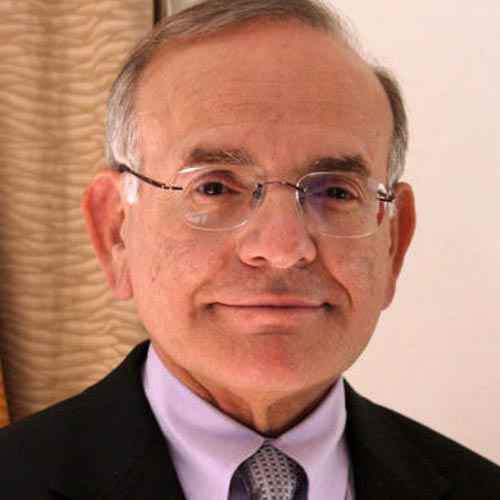

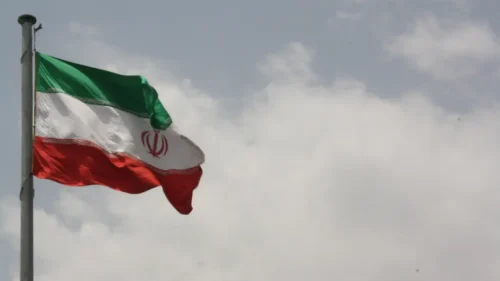







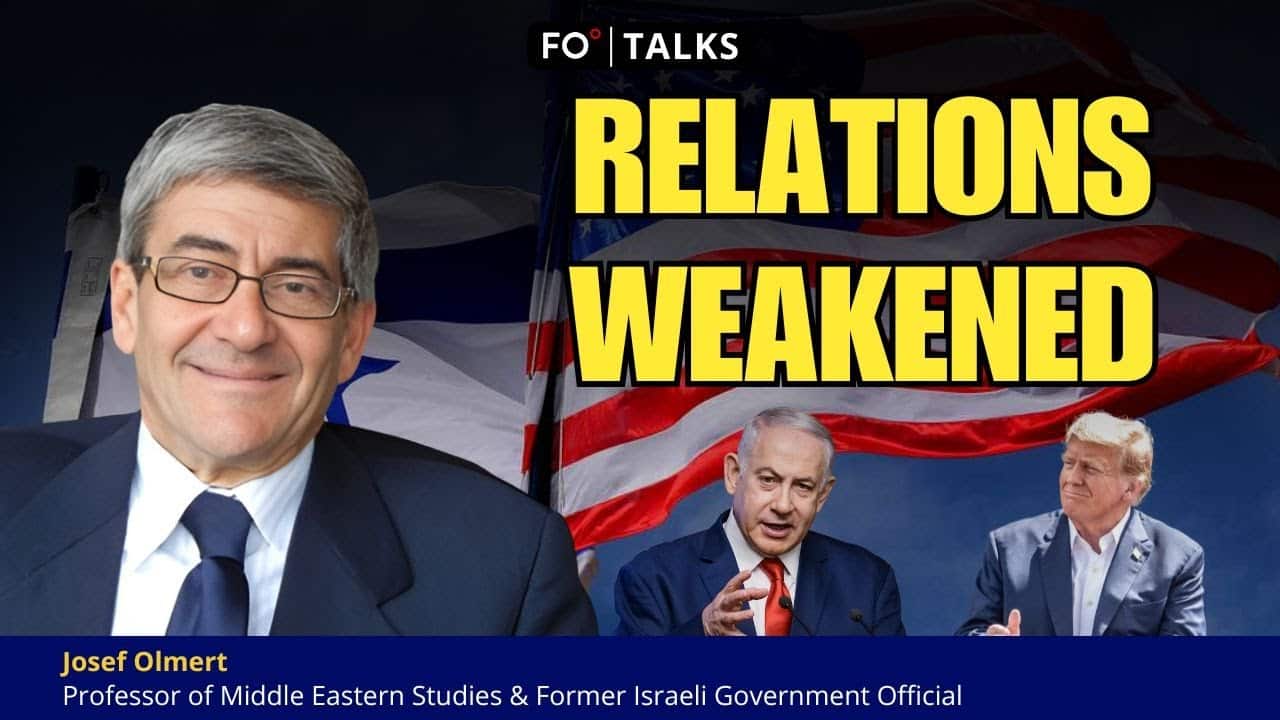



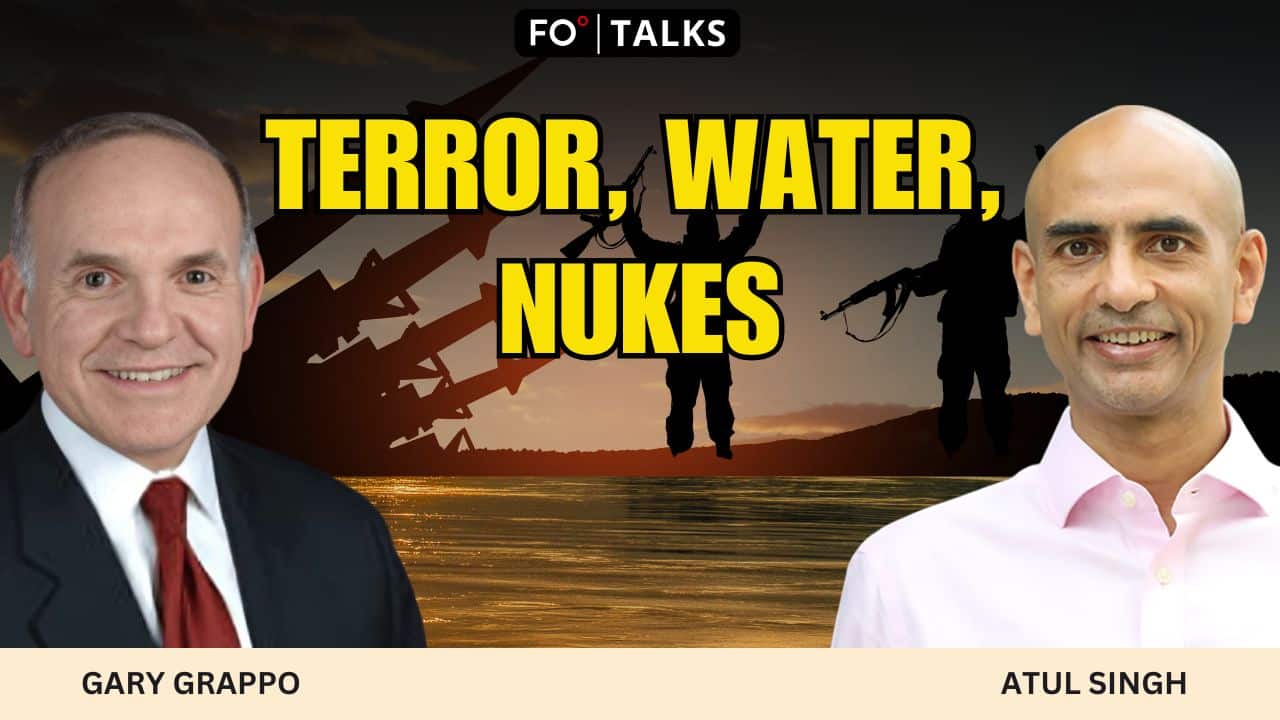





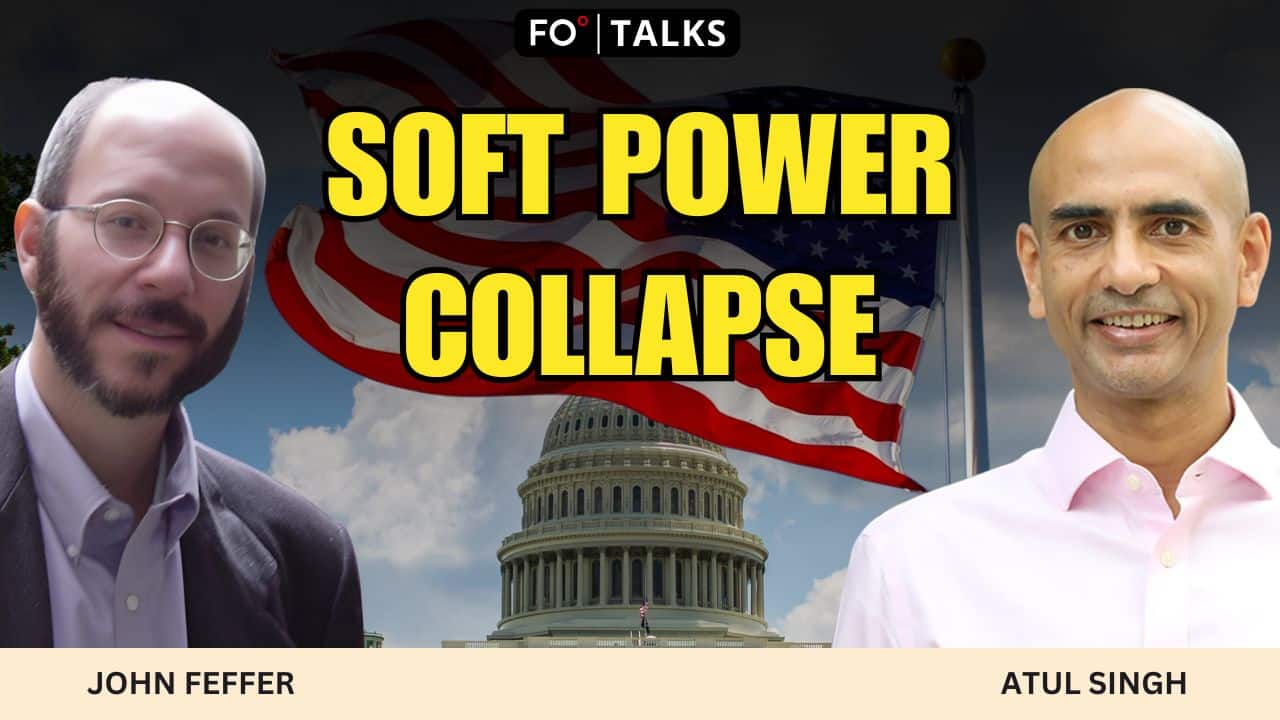

















Comment